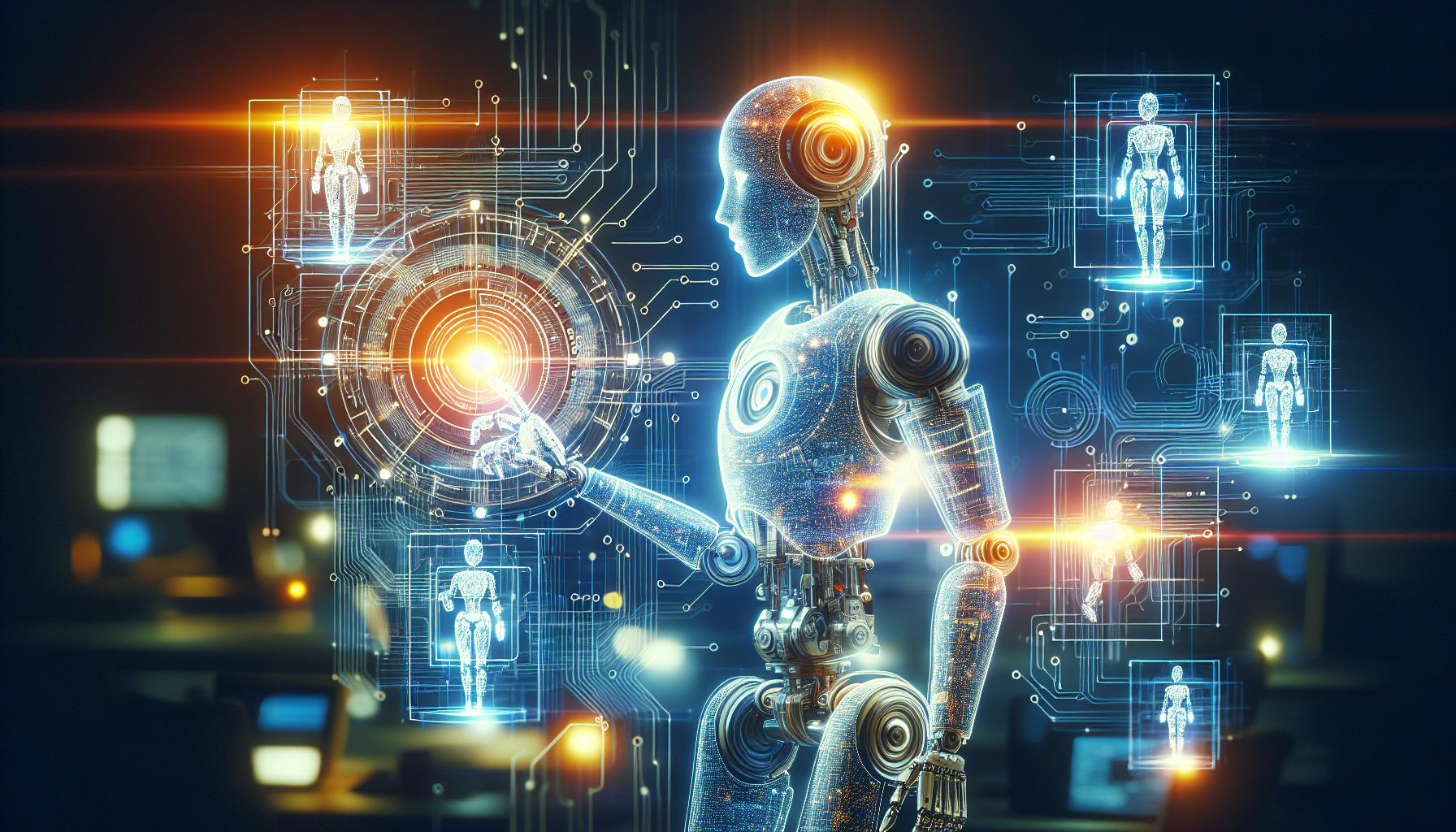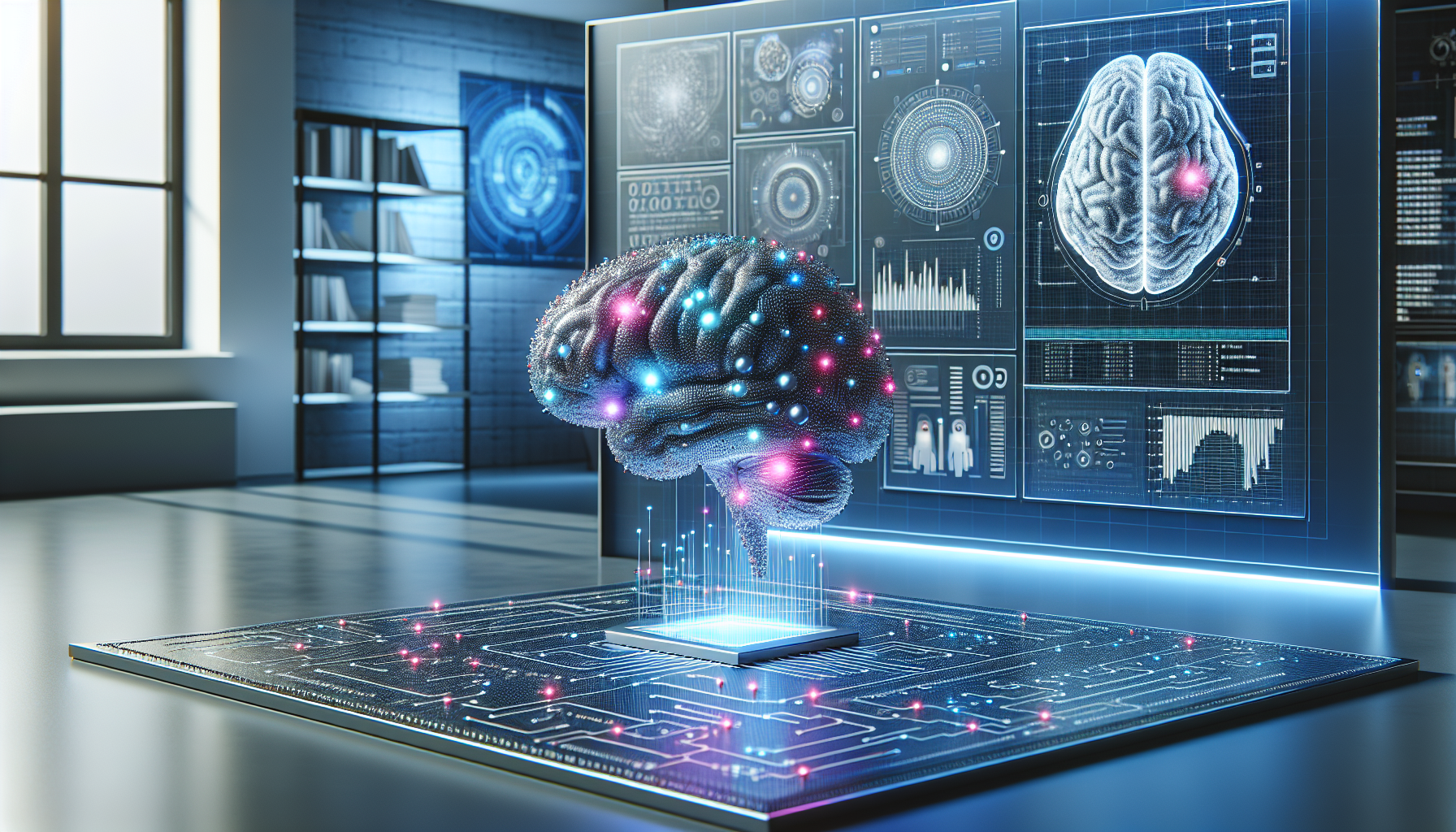
AI in the Legal Industry: Busting Myths and Embracing Innovation
August 2, 2025
Artificial intelligence is transforming industries across the globe, and the legal sector is no exception. As AI technology infiltrates law firms and courtrooms, it faces a storm of skepticism and myth. Critics argue it's a threat to jobs, a tool for the privileged, and an unreliable partner in justice. Yet, the truth is more nuanced and promising than these myths suggest. AI isn't here to replace human lawyers but to revolutionize how they work, streamline processes, and enhance case analysis.
One significant myth about AI in the legal field is that it will render human lawyers obsolete. This fear is unfounded. AI is designed not to replace but to assist attorneys, enabling them to focus on more complex, strategic aspects of their work. By automating routine tasks, such as document review and legal research, AI allows lawyers to devote more time to client interaction and case strategy, enhancing the quality of legal services.
Consider the process of document review, traditionally a time-consuming task requiring hours of meticulous scrutiny. AI-powered tools can now swiftly analyze thousands of pages, identifying relevant information with remarkable accuracy. This not only speeds up the process but also reduces costs for clients. Law firms can thus offer more competitive pricing without compromising service quality, democratizing access to legal support.
Another myth suggests AI inherently lacks the nuance and judgment required for legal analysis. It's true that AI doesn't possess human intuition, but it compensates with unparalleled analytical power. AI systems can sift through vast amounts of case law, statutes, and regulations to draw connections and insights that might elude even the most experienced lawyers. By integrating these insights, attorneys can craft more compelling arguments and anticipate opposing counsel's moves with greater precision.
AI's contribution to predictive analytics in law is particularly noteworthy. Predictive coding, for instance, uses machine learning to forecast the outcomes of legal proceedings based on historical data. This capability helps lawyers assess the merits of a case, guiding strategies that improve chances of success. Far from being an unreliable partner, AI offers evidence-based guidance that enhances decision-making.
Moreover, AI in the legal industry is not just a tool for large firms with deep pockets. The democratization of AI technologies is underway, making advanced tools accessible to small and mid-sized practices. Cloud-based AI solutions are leveling the playing field, enabling firms of all sizes to leverage cutting-edge technology without the need for substantial infrastructure investments. This shift is fostering a more competitive environment, encouraging innovation and collaboration across the legal landscape.
Concerns about AI's ethical implications also fuel skepticism. Critics worry about biases inherent in AI systems, which can perpetuate existing prejudices in legal outcomes. However, these concerns are being actively addressed by developers and legal professionals. By prioritizing transparency and accountability in AI systems, the legal industry is working towards minimizing bias, ensuring that AI tools serve justice impartially.
The potential for AI to enhance access to justice is another underappreciated aspect. AI-driven legal assistance platforms can provide individuals with basic legal guidance and document preparation, particularly beneficial for those who cannot afford traditional legal services. This opens new avenues for legal empowerment, bridging gaps in access to justice and fostering a more equitable legal system.
As AI continues to evolve, its role in the legal industry will undoubtedly grow. The key to harnessing its potential lies in embracing this technology with a balanced perspective, recognizing both its possibilities and limitations. Lawyers who integrate AI into their practice stand to gain a strategic advantage, offering more efficient, effective, and client-centered services.
AI’s integration into the legal sphere represents a profound shift, one that promises to enhance the practice of law rather than diminish it. The future of law is one where AI and human expertise coexist, complementing each other in pursuit of justice. As we move forward, perhaps the most intriguing question is not what AI can do for the legal industry, but how the industry can shape AI to better serve humanity.


